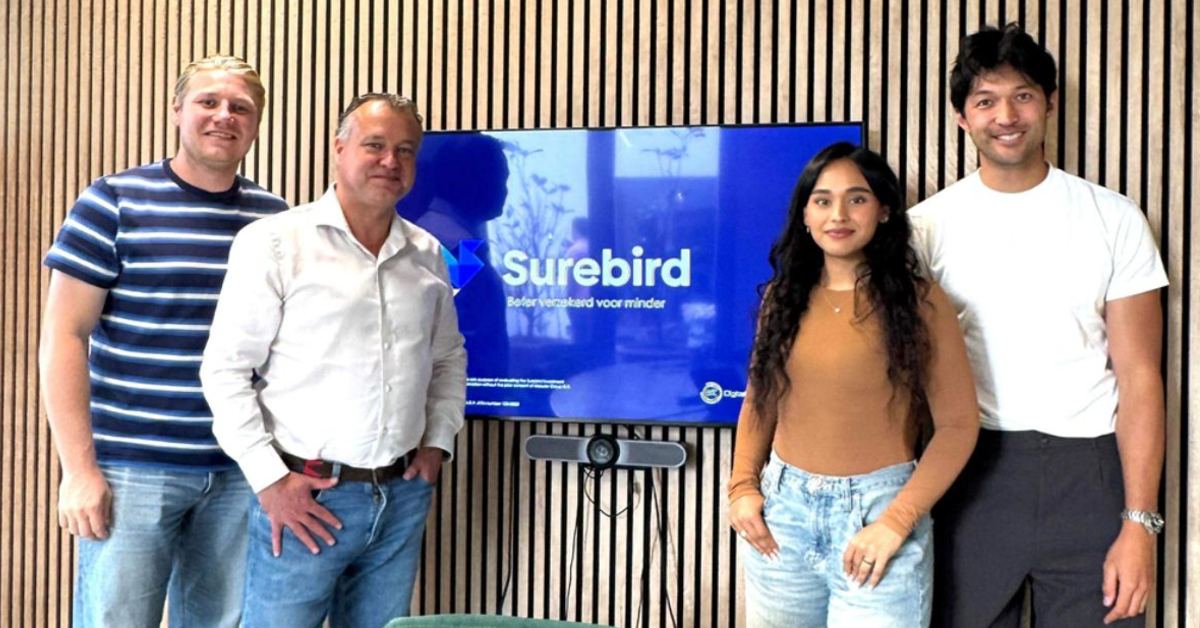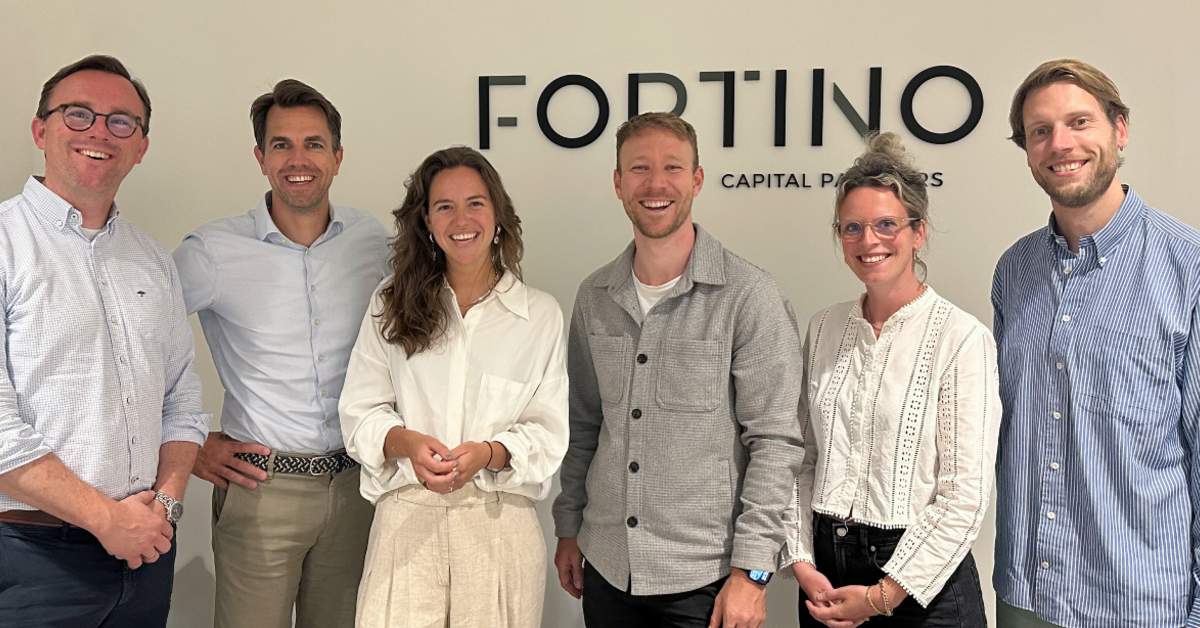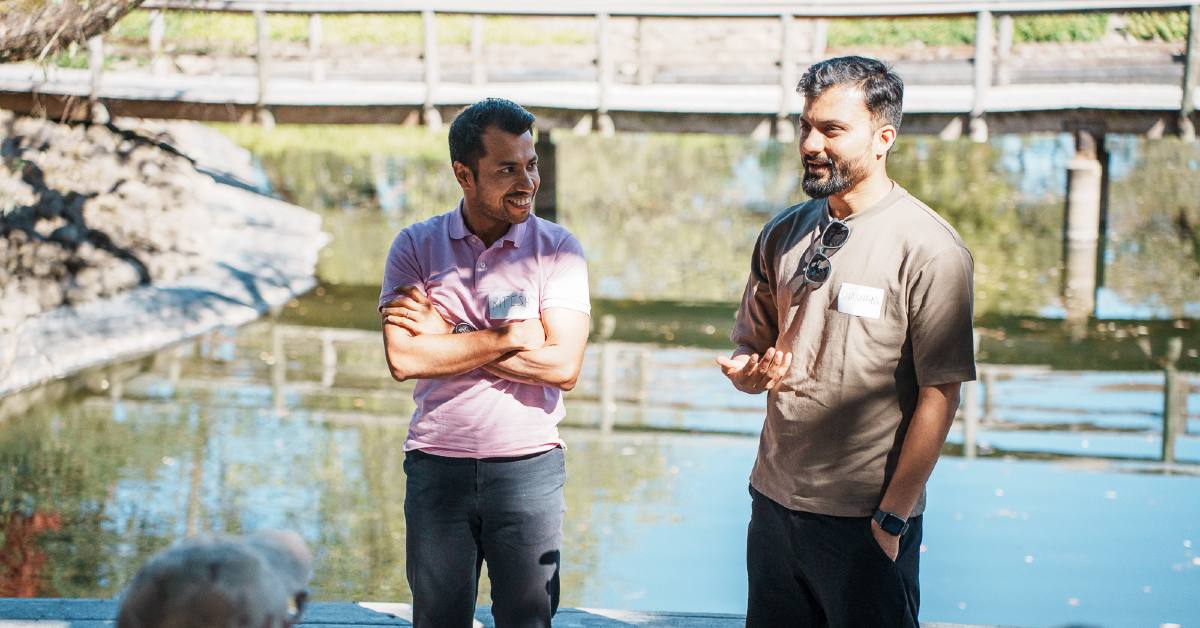Today the winners of the Accenture Innovation Awards will be announced. Can’t make it to the event? Don’t worry, we captured the award show in ten quotes as key takeaways.
Great stuff
“There is really cool stuff going on. Look at the matching images in the opening video. We see a category: skills to succeed and an image of a robot. If you don’t have the skills to succeed, there is a robot that will take your job. Innovation is really great stuff.” – Pep Rosenfeld, Boom Chicago.
Startup romance
“Startups change the game every day. We better start working together, startups and corporates, and change the game together. It’s basically kind of like romance. If you are doing it alone, you’re probably not doing it right.” – Manon van Beek, Managing Country Director of Accenture Netherlands.
Compressive disruption
“The thing is: everything that was science fiction, is now a reality. Thanks to innovation. The core is: there is a logarithmic cost reduction going on, that enables disruption. It’s not only Google Maps kills TomTom kind of big bang innovation, but it’s also compressive disruption: not having the resources to invest in a pivot to get from the old to the new.” – Omar Abbosh, Strategy Global Director of Accenture.
Don’t cut on innovation
“We invest eight to ten percent of our business in new products. We want to be our own disruptor. We had to migrate the legacy into the new. In order to keep our shareholders happy, we had to explain why we had to invest. You can, of course, cut investments and therefore cut costs, but that’s not a durable strategy.” – Nancy McKinstry, CEO Wolters Kluwer.
Quick fish eat slow fish
“We don’t do holidays, yearly evaluations and job titles anymore. We do have roles, but we are continuously exploring for things to do in another way. It is not the bigger fish eating the smaller fish anymore, it is the quicker fish eating the slower fish. Therefore, it is okay to buy or use the innovation of others.” – Chris Hall, CEO, and founder of Bynder.
Fail quicker
“We try to reinvent ourselves. So we decided, about 25-30 years ago, that we give 25 percent of our innovation budget to red-box-innovation: innovations that actually reinvent ourselves, to make ourselves ready for the future. Does it feel awkward? Yes, it does. Do we fail fast? No, we don’t. That’s the thing that worries me. We want to fail quicker and therefore seek partnerships with startups, universities, and, basically, millennials.” – Dimitri de Vreeze, Board of Directors at DSM.
Imagine all the waste
“Imagine a world without waste. A world where you would be paid for your waste. We do that with a worldwide marketing place. Where companies by for instance orange peels or steel. We do that with a lot of buzz words, but have them for real, like blockchain and AI. And we’re working with a couple of corporates, to create scale: ABN-Amro and Stibbe.” – Maayke Damen, Founder of Materials Excess Exchange.
Girls first
“We’re an NGO located in 72 countries and work together with NGO’s and governments, to improve the position of girls and woman in developing countries. Together with several Dutch corporates, we want to work with their supply chain (partners), make it more sustainable and help to improve the economic situation of women and young girls. If you invest in a girl, it’s a great business: good for their family, the business and the economy. That’s the message we want to share today.” – Sandra Bruinse, private sector engagement at Plan International Netherlands.
Bypass the carbon-phase
“We all want to create a green, sustainable economy in developing countries. By bypassing the carbon-economy, we can go straight for the green economy. Data science can help these countries. By looking from another perspective; a data-driven perspective, the issues are set in a new daylight. This approach enables us to quantify and assess the impact of solutions and shows us the right way forward. That’s why we organize a data challengee, to use the insights of students, clients, and Accenture-employees to tackle this challenge.” – Stefan van Eijk, Data Analyst at Accenture.
Disruptive Innovation in Society
“I am concerned about a misalignment between the speed of innovation versus the speed of its acceptance in society. How can we make sure that innovation in one area does not come at the expense of another area? How do we incorporate innovation in such a way that the disruptive technology used does not discriminate in its implementation? How can we build in morals and values into the development of new technologies? Do we even want to? And if so: on what scale (national, European, global, etc). Does our government play a role in setting these ‘moral standards’? In the long-term: if (artificial) intelligence can be bought, do companies still need highly educated workers? Do we want to limit innovation if its consequences mean that half of our workforce is condemned to sit at home and watch Netflix all day? What do we mean by ‘meaningful human control’ and do we allow, in the process of innovation, that humans are placed outside the loop of influence? Can innovation cause harm to ‘the purpose of life’ and our freedoms as we know it? Harvard Professor Sheila Jasanoff has written an interesting book which addresses these concerns: The Ethics of Invention.” – Tamara Kipp, chairman of the National Network ‘The Impact of Innovation’.
Curious who the winners are of the Accenture Innovation Awards? Silicon Canals’ editorial team shall publish the highlights on Monday.










01
From telecom veteran to Dutch Startup Visa success: The Jignesh Dave story